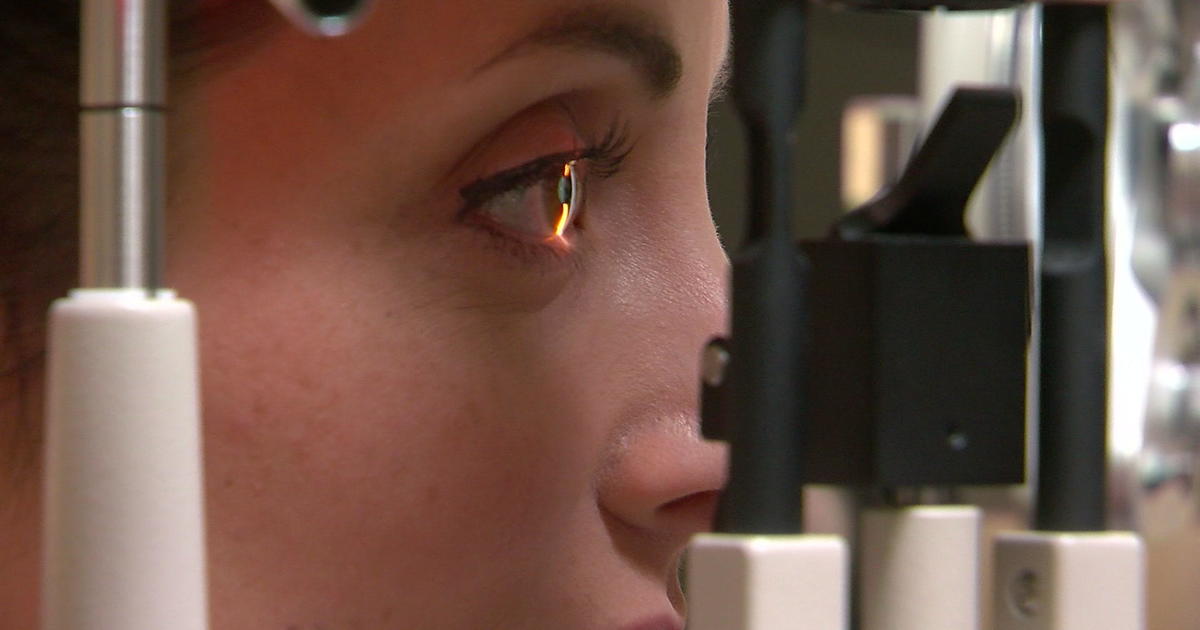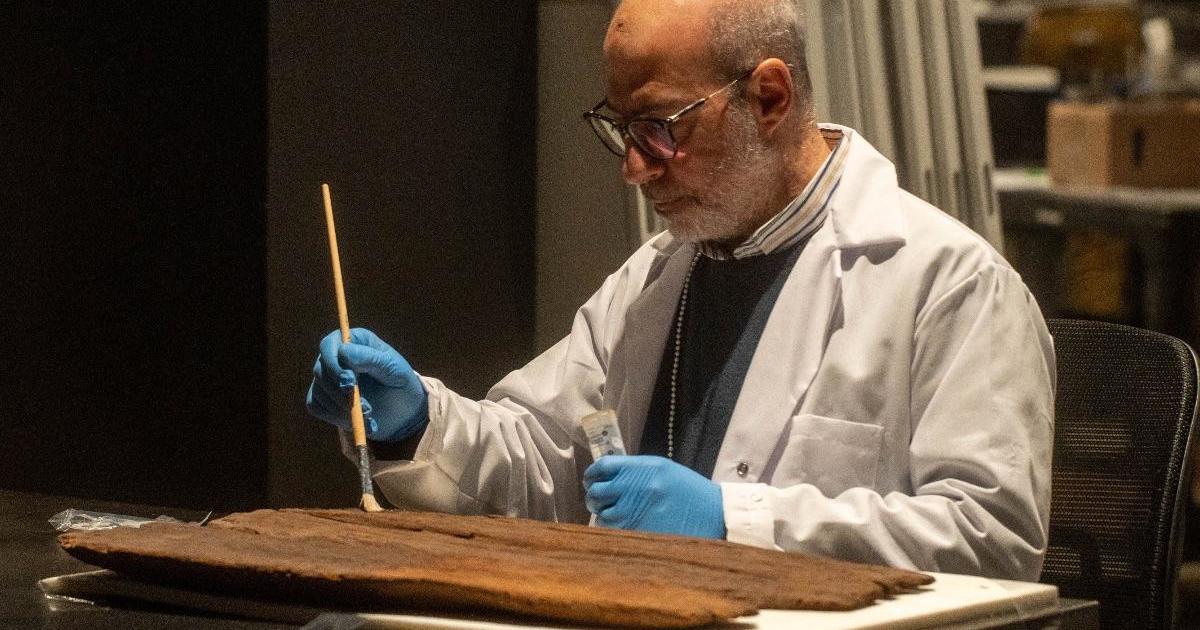Serious Lung Disease Could Pose Hidden Health Risk
PITTSBURGH (KDKA) -- Grandfather and golfer Ron Zingaro had an infection he didn't even realize he had -- until he needed to start a specific medication for inflammation in his intestines from Crohn's disease.
The medicine would suppress his immune system.
"[The doctor] sent me through all kinds of tests to make sure there wasn't any infection, or else you can't start it," Ron says.
That's when doctors found an often overlooked bacterial lung infection called mycobacterium avium complex -- or MAC.
"I'd never heard of it," Ron said. "Unfortunately, something showed up in my lung. There was a couple spots."
"The typical findings we see on CAT scan are something called 'tree-and-bud opacities.' They're usually in the middle parts of both lungs," says Allegheny Health Network pulmonologist Dr. Anil Singh. "We diagnose it with bronchoscopy, or a sputum sample looking for something called acid fast bacteria."
The causative germ is in the tuberculosis family, but it is not tuberculosis. It's treated with the same drugs, may cause the same symptoms, but it's not contagious. If it's not treated, it will get worse with more coughing, more phlegm, and more trouble breathing.
"These organisms are very difficult to get rid of. And as a result of that, we actually treat with several drugs in an effort to do that. But we have to get monthly sputum samples to make sure the bacteria's actually being cleared," says Dr. Singh.
The hardest part of Ron's treatment? Taking 10 pills a day.
"If he ends up having a positive sputum culture, then the clock resets and he has to be treated for another 18 months," Dr. Singh explains.
The bacteria are found in water, soil and the general environment.
Join The Conversation On The KDKA Facebook Page
Stay Up To Date, Follow KDKA On Twitter
Dr. Singh believes it is more prevalent than recognized. Part of the problem is the symptoms can be ordinary or non-existent.
"Sometimes can be an upper respiratory infection, patients will go see their primary doctor get treated with antibiotics but that cough or shortness of breath doesn't go away," he says. "There's no good screening test for it, and certainly it would be not feasible to do CAT scans on everybody."
It is seen more commonly in people with lung disease, women and people with suppressed immune systems.
Ron has completed 18 months of antibiotics, and got the go ahead to treat his Crohn's disease with a medicine called Humira.
"We're gonna go ahead and give Humira a shot," he says.



